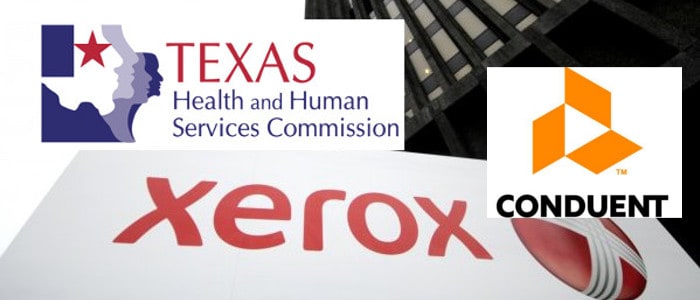
While we are now in 2019, there are some things from 2018 that are still pretty relevant regarding the $2 billion Medicaid fraud case against Xerox/Conduent that we haven’t reported on.
“Withhold discovery fundamental to this case”
For example, that July 2018 court filing by Xerox/Conduent that we have previously cited also accuses the state of a systematic attempt to “withhold discovery fundamental to this case” and the defense of the company against the allegations of Medicaid fraud in its orthodontic prior authorization process from 2004 to 2012.
17th Motion to Compel
The filing was the company’s 17th motion to compel the Office of Attorney General, representing the State, to produce documents and resulted from a March 30, 2018, log produced by the OAG showing that it was withholding some 17,000 more emails in the case, months after key state witnesses had already been deposed.
As an example, it cited the case of Jennifer Stansbury who headed the state’s oversight of TMHP (Xerox/Conduent) operations.
Stansbury “was deposed in July 2017, after the State was ordered to produce many of her communications identified on the State’s first “final” log. The State’s new “final” log—which the State did not produce until ten months after the close of Ms. Stansbury’s deposition—identifies more than 2,000 previously undisclosed Stansbury communications that the State has been withholding for years. To make matters worse, a few days after the State served its supplemental log, it then produced an additional 50,000 pages of HHSC emails which the State claims to have identified “as part of [its] ongoing privilege screening.”
Requested sanctions for state’s abuse of discovery process
The company not only requested production of the missing documents in its July motion but also requested that the Court grant its motion for sanctions and “order the State to pay the Defendants reasonable and necessary attorneys’ fees incurred by the Defendants as a result of the State’s abuse of the discovery process.”
The full document is below:

